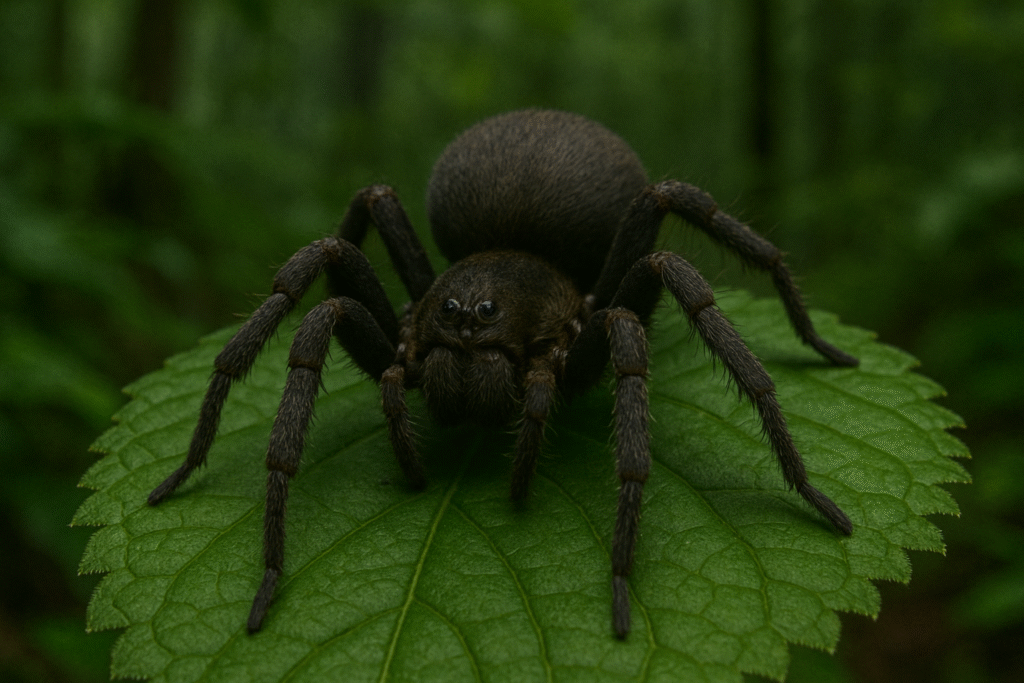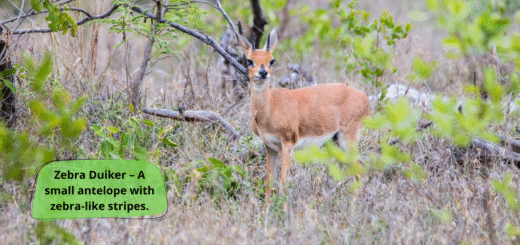The Role of Spiders in the Ecosystem: Nature’s Unsung Heroes
Introduction: Why Spiders Deserve More Respect
When most people see a spider, the instinct is to scream or squash it. But behind those eight legs lies an essential member of our natural world. Spiders play a critical role in maintaining balance in ecosystems—and they’ve been doing it for over 300 million years.
In this article, we’ll uncover the true importance of spiders, the roles they serve in nature, and why protecting them is vital to a healthy planet.

1. Natural Pest Control
Spiders are voracious insect predators. A single spider can eat hundreds of pests in a year, including:
- Mosquitoes
- Flies
- Moths
- Beetles
- Cockroaches
According to scientists, spiders consume 400–800 million tons of insects annually worldwide—more than the weight of all humans combined!
This natural pest control reduces the spread of insect-borne diseases and minimizes damage to crops, especially in agriculture-heavy regions.
2. Supporting Biodiversity
Spiders are a keystone species in many ecosystems. Their presence influences the population and behavior of both prey and predators, helping maintain biodiversity.
How?
- They prevent certain insect populations from dominating
- They serve as prey for birds, amphibians, lizards, and mammals
- Their webs provide shelter or habitat for smaller organisms
Without spiders, many food chains would collapse—or become unbalanced.
3. Indicators of Environmental Health
Spiders are highly sensitive to changes in their surroundings. Scientists use them as bioindicators to monitor the health of ecosystems.
If spider populations suddenly drop, it could signal:
- Pollution
- Pesticide overuse
- Habitat destruction
- Climate stress
Tracking spider diversity helps researchers detect early signs of ecological trouble.
4. Webs That Shape Microhabitats
Spider webs do more than catch prey—they also influence the microhabitats around them. Webs can:
- Trap airborne particles and tiny insects
- Create shade and moisture pockets for smaller creatures
- Act as a shelter for spiderlings and other tiny invertebrates
These microhabitat effects can improve soil quality, nutrient flow, and microclimate conditions—especially in forests and grasslands.
5. Contributions to Science and Medicine
Spider venom and silk have inspired breakthroughs in:
- Medical research (e.g., blood pressure treatment, nerve regeneration)
- Material science (e.g., creating biodegradable fibers stronger than steel)
- Robotics and biomimicry (e.g., sensors that mimic spider leg mechanics)
By studying spiders, scientists uncover new ways to innovate using nature’s blueprint.
Fun Fact
Some spiders, like the Spitting Spider, don’t use webs at all—they shoot a glue-like silk to trap prey from a distance!
Conclusion: Spiders Are Vital, Not Villains
Spiders may not win any popularity contests, but they are essential players in the web of life. From keeping bug populations in check to serving as clues to environmental change, spiders do far more good than harm.
So next time you see a spider in your garden or home, pause before panicking. It’s not just a creepy crawler—it’s one of nature’s hardest-working allies.








